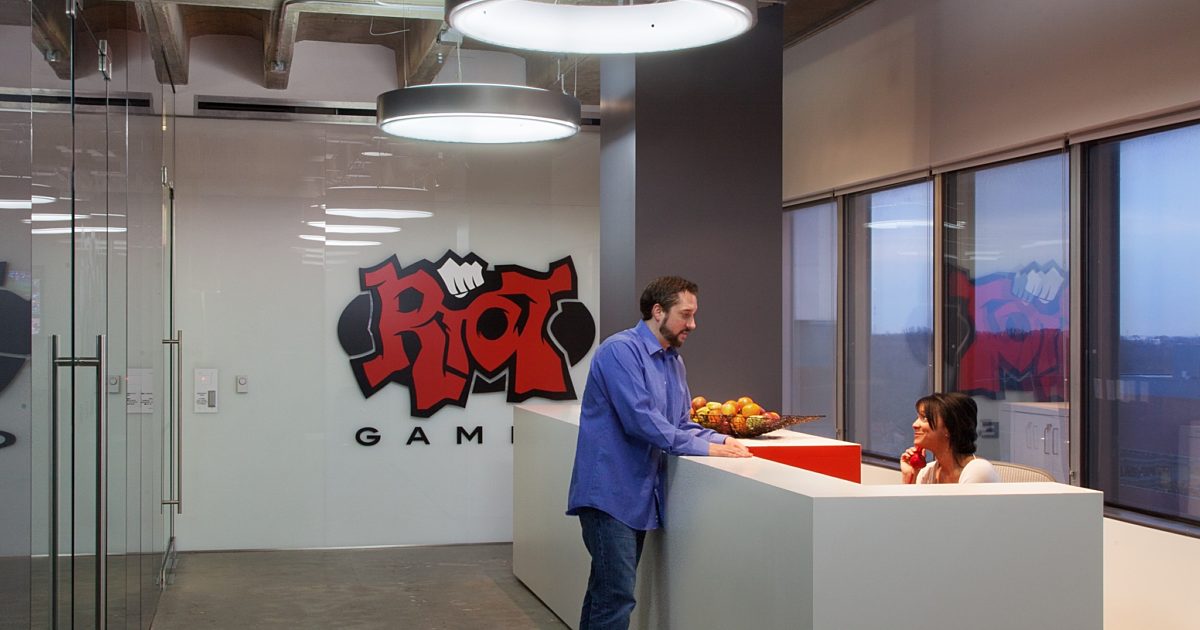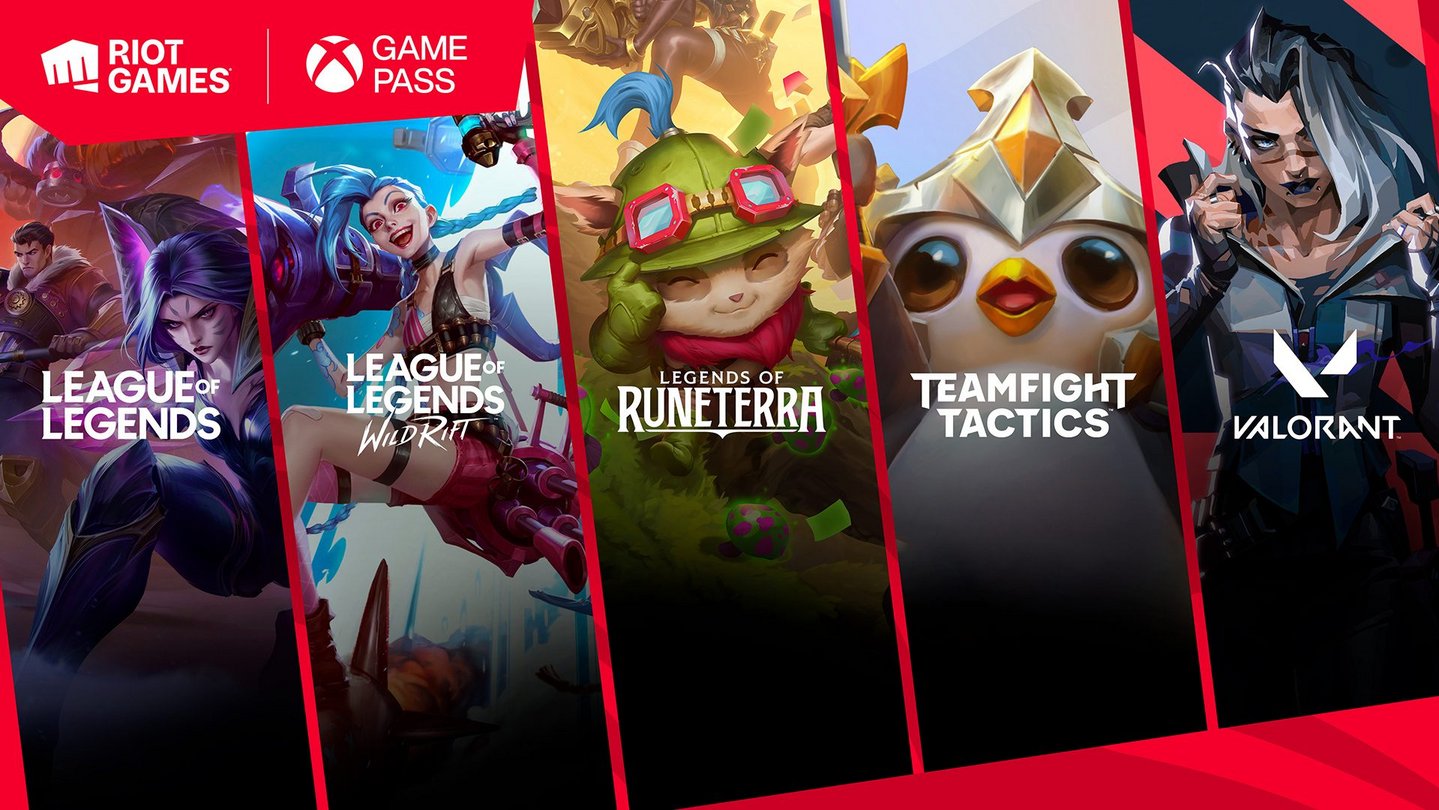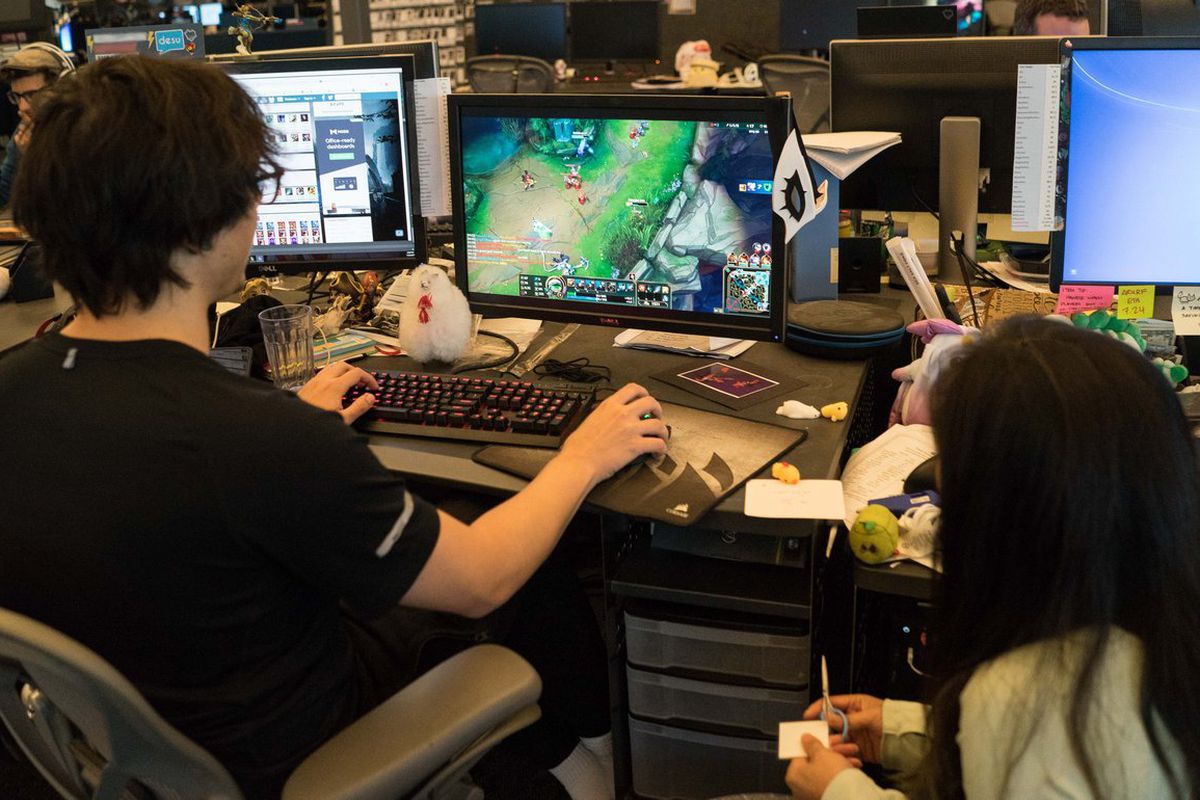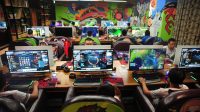Strategic Workforce Optimization: Riot Games’ Bold Move Amidst Industry Challenges

In a calculated strategic maneuver, Riot Games, under the ownership of Tencent Holdings (0700.HK), is poised to execute a substantial workforce reduction, targeting approximately 11% of its global staff—equivalent to around 530 employees. This noteworthy development, unveiled through a comprehensive blog post complemented by a letter from CEO Dylan Jadeja, primarily targets teams operating outside the core development sector.
Navigating Industry Challenges: Riot Games Takes Proactive Measures

Situated in Los Angeles, Riot Games, renowned for its flagship titles such as “League of Legends,” candidly acknowledges the prevalent challenges confronting digital game publishers in the current landscape. The industry faces a discerning audience, hesitating to invest in high-priced titles amidst economic inflation. This trend of downsizing isn’t unique to Riot, as evidenced by Electronic Arts Inc (EA.O) adopting a similar course last year—trimming its workforce by 6% and relinquishing office space.
Jadeja’s communicated vision underscores the imperative need for a more focused corporate approach, citing an overextension of initiatives and investments that have failed to yield expected results. The burgeoning costs have reached unsustainable levels, compelling Riot to reevaluate and streamline its operations for sustained growth and efficiency.
As part of this organizational recalibration, Riot Games is poised to refocus its energies towards its core live games—specifically, “League of Legends,” “Valorant,” “Teamfight Tactics,” and “Wild Rift.” This strategic pivot involves a suspension of new game development under the “Riot Forge” banner and necessitates adjustments to “Legends of Runeterra,” encompassing workforce reductions and feature modifications.
It’s imperative to note that Tencent, having acquired a majority stake in Riot Games back in 2011, is not immune to the industry’s challenges. The Chinese tech giant also holds stakes in other noteworthy U.S. game developers, including Epic Games. This realignment serves as a testament to the dynamic nature of the gaming industry, underscoring the necessity for companies to adapt to the evolving terrain of market conditions.
Read More Game Industry – Tech Foom







